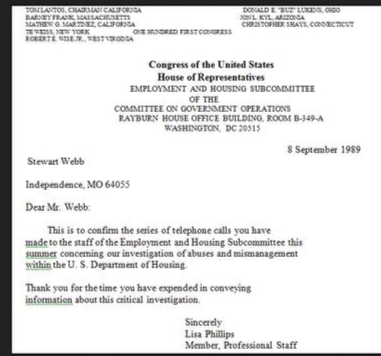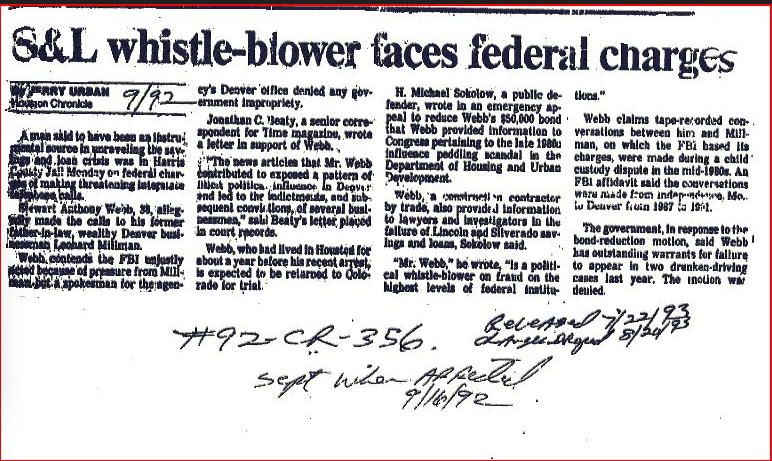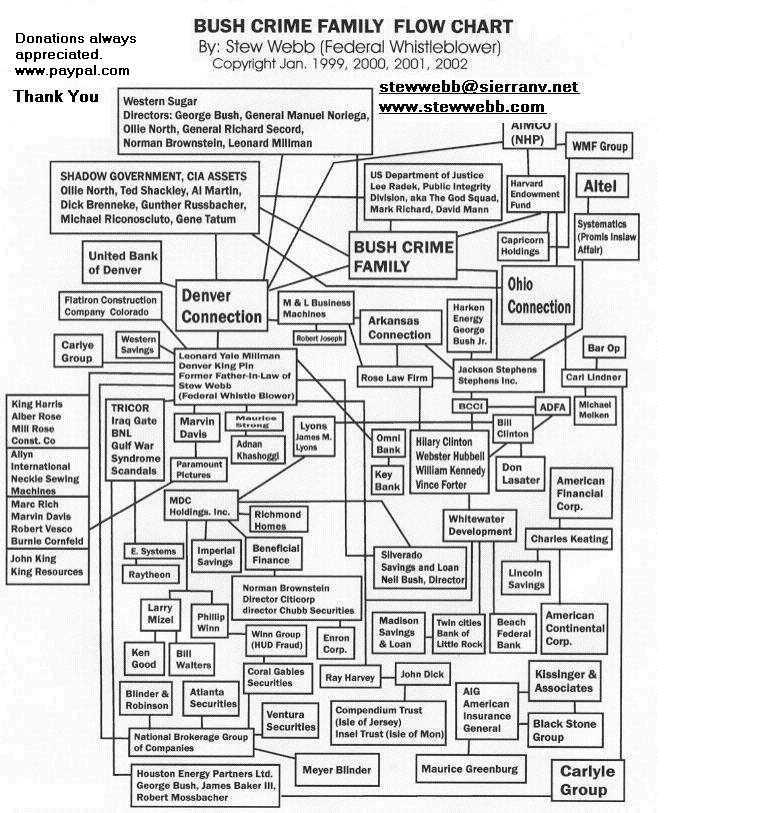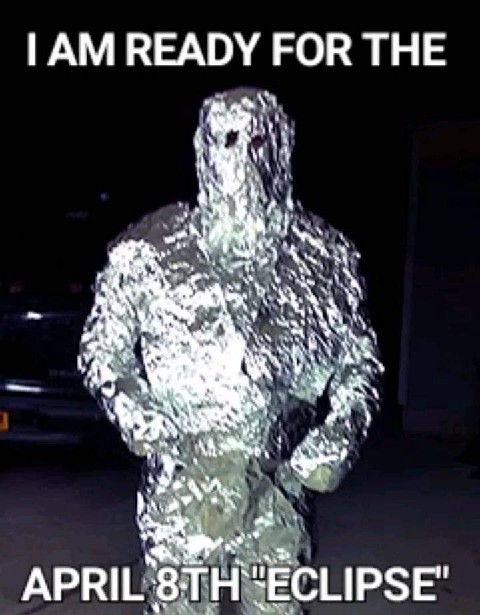FBI Planted Child Porn on Computers of Trump Supporters
The Federal Bureau of Investigation is guilty of planting child pornography on personal computers belonging to Trump backers and employees of the Trump Organization, said a JAG employee who aided a U.S. Army Cyber Command inquiry to figure out the depth of the deplorable act and who had sanctioned it.
The military first heard the allegations in early September, when a former FBI agent reached out to Cyber Command with a startling story: He alleged that agents in the FBI’s Cyber Crimes Division–the lead federal agency for investigating cyber-attacks and intrusions—were committing crimes of their own rather than investigating the crimes of others. Agents (he did not know names, or the number involved) had discreetly embedded child pornography in emails sent to at least 25 of President Trump’s prominent financial backers, as well as four employees at Trump’s New York City offices.
The whistleblower, our source said, provided Cyber Command with digital copies of the emails, each of which appeared to have originated from either President Trump or his Save America fundraiser. In short, the true sender had spoofed names and I.P. addresses. Within that PDF were fundraising statistics and the familiar Save America logo colored red, white, and blue. Merely opening the PDF triggered undetectable malicious code that wrote hidden pornographic files to the recipients’ boot drive and buried them in invisible folders inside Windows ShellComponents folder.
“This type of attack is nothing new and was pioneered in the 90s. It’s normally rudimentary and picked up by anti-virus and anti-malware software. Federal agents have much more sophisticated means of cyber intrusion, so why the culprit chose this is a bit of a mystery. He—or they—did have skills to bypass Microsoft Defender, Norton, McAfee, Malware Bytes, Bit Defender, and so on,” our source said.
He added that the malicious code would trigger only on personal computers running Windows; Apple products and Android-based mobile devices were impervious to the code.
“It seemed tailored to take advantage of Windows vulnerabilities,” he said.
Despite having digital copies of the emails, Cyber Command did not at first take the whistleblowers claims at face value, for the Deep State had on several occasions tried to feed White Hats disinformation to run with. A thorough vetting process, however, revealed that the whistleblower had been employed by the FBI for 15 years—six years at the FBI Science and Technology Branch, and seven years at the agency’s Criminal, Cyber, Response, and Services Branch—before being terminated in September for espousing conservative values and questioning the 2020 election results. He also holds a master’s degree in computer sciences.
The whistleblower’s impressive credentials prompted Cyber Command to ask whether he had engineered the emails to retaliate against his former employer. “Were it me, I’d have done a better job. I take pride in my work,” the whistleblower reportedly told officers at Cyber Command. He was also secretive about how he came to possess the files, and said disclosing too much information would imperil “good people still working at the FBI.”
“People were targeted for a reason, and the files will sit unnoticed on their home computers until the FBI decides to make a move on them, and then all they have to do is tell a sympathetic judge they have reasonable suspicion and get a warrant or subpoena. Then those people are going to jail for a very, very long time, and maybe for life,” he continued.
On September 29, Cyber Command contacted the 25 recipients, informing them their home computers could be compromised and instructing them on how to purge the malicious files without opening or viewing them. They were asked to not publicly discuss the matter due to ongoing security concerns and efforts to identify the perpetrators.
The whistleblower told Cyber Command that although the FBI is rife with Trump haters, a “fifth column” within the agency is working tirelessly to topple Director Christopher Wray and undo damage he has caused.
He was, however, unwilling to link Wray to the emails: “I’ve no proof Wray is involved. There are literally hundreds there that could’ve done it–and do it again.”
The whistleblower pledged to help Cyber Command and JAG locate guilty parties—to the best of his ability.












.jpg)

